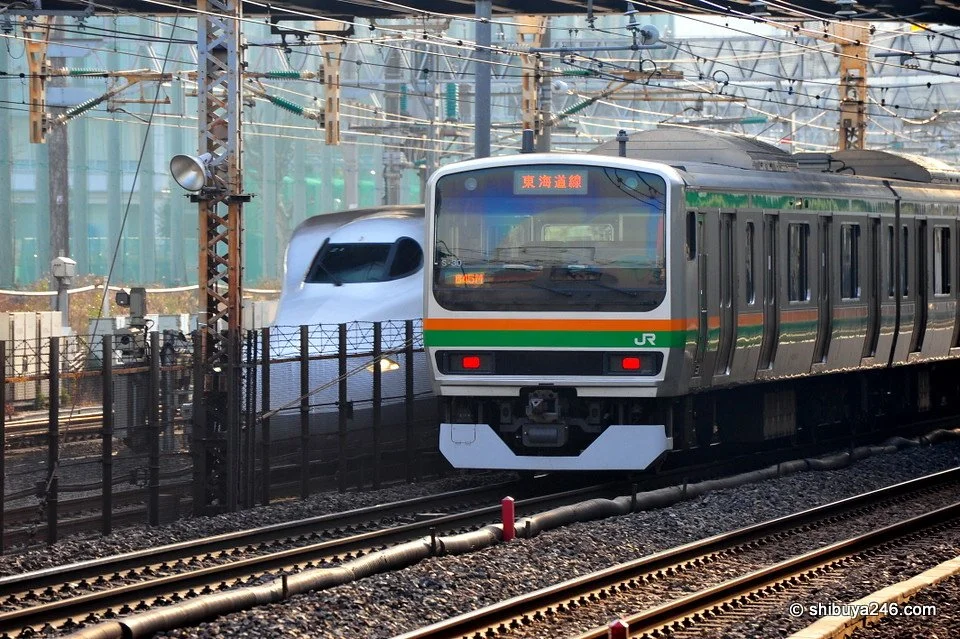Japan’s Economic Future
One of the constants of Japanese politics is the desire to create an inflection point in the country’s economic trajectory: to bring back the spirit of Japanese enterprise before the bubble crash in the ‘90s. The 2020 Olympic Games were a major attempt at this – they effectively tried to reproduce the economic fervor of the 1964 Tokyo Olympics. The recently elected Prime Minister Fumio Kishida and his newly formed cabinet have reiterated a similar doctrine, promising to redistribute wealth to stimulate household consumption and rejuvenate the stagnating Japanese economy. However, nowhere in the broader discourse does one find a discussion on taxes. Albeit a difficult conversation to have, consumption tax has increased twice in the past decade. The impacts of this tax hike on household spending has only really been discussed among economists and not by politicians. If Japan is to maintain its status as the third largest economy, taxation needs to be at the center of policy discussions.
One of the centerpieces of current PM Kishida’s economic policy is to create* “a new capitalism with growth and distribution in a positive cycle”. He looks to create an economic environment with stronger welfare components. In this endeavor, he has urged industry heads to increase wages across the country. Specifically, he has asked “companies who have recovered to pre-Covid levels to raise their employee wages by 3%”. To understand why a head of state would physically go and ask for his country to obtain a raise, it is important to recognize that average real wages have only increased by 4% since 1990. The country has yet to fully recover from the housing bubble crash in the early ‘90s and this is measured most concretely by the growth of wages (or lack thereof). However, economists doubt the efficacy of this proposed policy change. According to a Reuters poll, close to 80% think that raising wages “is unlikely to trigger a virtuous cycle of growth and wealth distribution that will support the economy this year”. Part of the reason for this, according to Hiroshi Namioka, chief strategist and fund manager at T&D Asset Management, is that “[e]ven if wages rise, Japanese people [will] pass those on to savings as long as their outlook on Japan's future is grim”. In effect, Japanese people will choose to spend in the future rather than today, to smooth spending over time.
One of the large elephants in the room is the current tax regime. Consumption taxation in Japan has increased twice in the past decade – once in 2014 and again in 2019. To put this into context, the last time consumption tax increased before the past decade was in 1997. The impacts of the recent tax hikes are not brought up in political circles – at least not publicly. In looking at the effect of such tax increases on household spending, researchers at the Virginia Federal Reserve Bank found that growth rates for household spending declined immediately after each increase in the tax rate. This is partly explained by the relative increase in spending immediately before the hike, but it more generally reinforces the correlation between decreases in household spending and increases in taxation. Given the discussion above, it might seem like the obvious course of action is to decrease consumption taxes. While this is something I ultimately advocate, the more realistic solution is, unfortunately, not as simple.
Note that an ever-increasing deficit largely motivated the initial increase in consumption taxes. Particularly after the bubble crash, the Japanese government was exhausted by heavy fiscal spending on recovery. Caught between a rock and a hard place, the Japanese government – with some encouragement from the finance minister – had very limited options, especially when it first raised consumption taxes in 1997. However, it subsequently neither decreased consumption taxes nor increased wages. The crux of the issue is that aggregate demand is fundamentally very weak, and any attempt to kickstart the Japanese economy must attack this issue. Richard Katz, Senior Fellow at the Asia Dialogues Program, argues that, in increasing the taxable base, focusing on consumption is not the best course of action for Japan. He argues that while increasing consumption tax might work for some countries, hitting an already weakened aggregate demand cannot help Japan. This desire to focus on the root causes of a weak aggregate demand is echoed by the Sankei newspaper, which argues that the growth of financial markets alone does virtually nothing for the real economy. It states that “even if stock prices are up, one of the reasons why the outlook on economic recovery is poor is that only financial markets have expanded and real markets have no money circulating through them”. While a clear-cut solution is not presently clear, given that much of PM Kishida’s economic policy is yet to be unveiled, specifically stimulating consumer demand seems to be one of the linchpins in Japan’s broader economic recovery.
Whether you ask economists or the common person in Japan, the country’s economic future is currently bleak: there is a low aggregate demand, a shrinking labor force, and an Olympics that was not financially viable. Nevertheless, despite all these setbacks, Japan still holds its place as the 3rd largest economy in the world. If the Kishida cabinet truly wants to create the desired inflection point to maintain the country’s economic standing and create growth that can sustain the people in the long term, then beyond the idealized discussions of a “New Capitalism” there needs to be real, messy, banal conversations about taxation. The intuitive, simple answer of increasing consumption taxes must be replaced with a more sophisticated model that acknowledges the current conditions faced by the majority of the Japanese population. Only then can the country start to properly appreciate what a “New Capitalism” looks like.
Edited by Adam Chatelan
Featured image "Japan Trains" by shibuya246 is licensed under CC BY-NC 2.0.
*Sources originally in Japanese are translated by the author.

